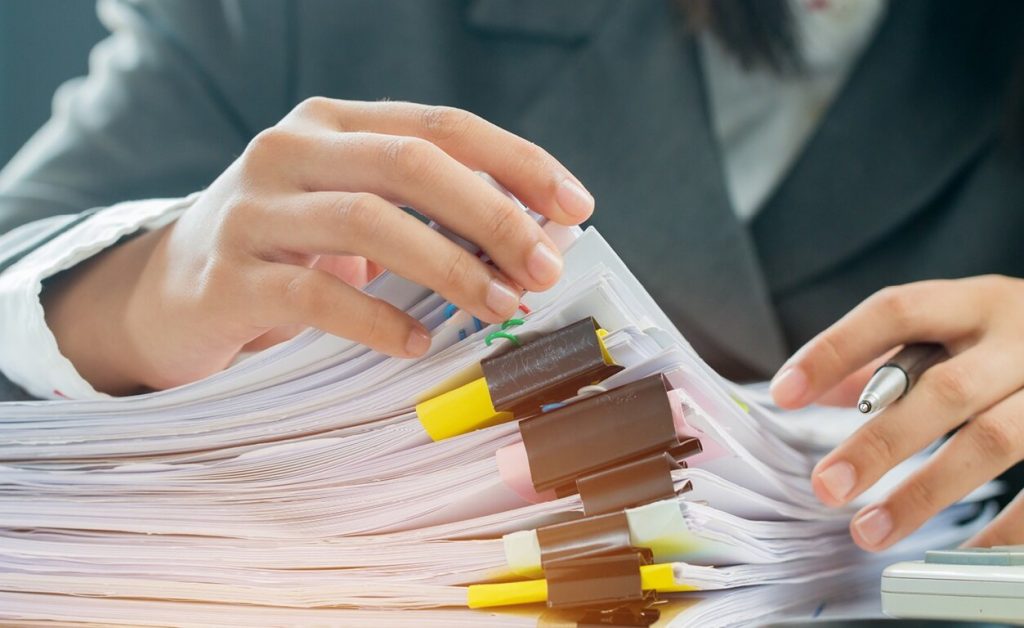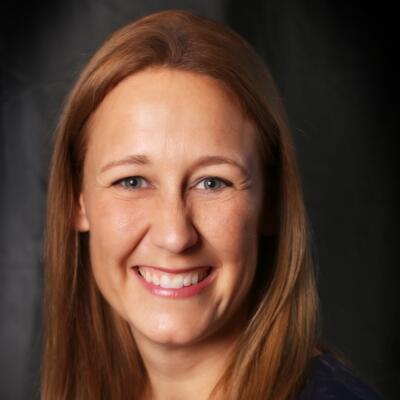
When I first became a special education teacher, I was immediately struck by how much paperwork there was. It was loads more than I was accustomed to in the general education classroom, and I rushed to attend every workshop I could about how to manage it. Those papers, I came to realize, are an invaluable and integral aspect of good special education.
Individualized Education Plans (IEPs) are at the heart of a special education student’s school experience. It’s a legal document that outlines the learning and/or social-emotional needs of each special education student, and it includes specific annual goals for the student to work toward. Each IEP is custom-tailored to the student, which means an immense amount of thought and data must go into writing a good one. As I went through the IEP preparation process, I realized that it was incredibly important for parents, colleagues and other experts in the field of education to join forces in creating an appropriate education plan for each student.
The more I progressed in my special education career, the more I saw the papers I collected as building blocks to providing individualized education. The student work I gathered was foundational to planning instruction. They were the key to differentiation – the ability to tailor my teaching to meet the individual needs of each of my special education students. It’s one of the most important abilities a special education teacher can have: If I could craft a lesson that meet my students where they are and give them personalized strategies to get to the next level, I am a successful teacher.
After I shifted to teaching in an inclusive setting, one with both general and special education students together, I truly realized how all students can benefit from differentiated lessons. It’s not just special education students who understood information better when it was presented in ways outside the ordinary. No student is cookie-cutter, and that’s knowledge I try to pass on to my ACE students every day.
Through practical assignments in the M.Ed. in Special Education program, I strive to teach my ACE students both the value of differentiation and the methods that make the differentiation happen for students of varying abilities and needs. I’m confident that my ACE students will become stronger teachers across the board – not just within special education – once they learn the planning strategies that make best use of all that paperwork.

